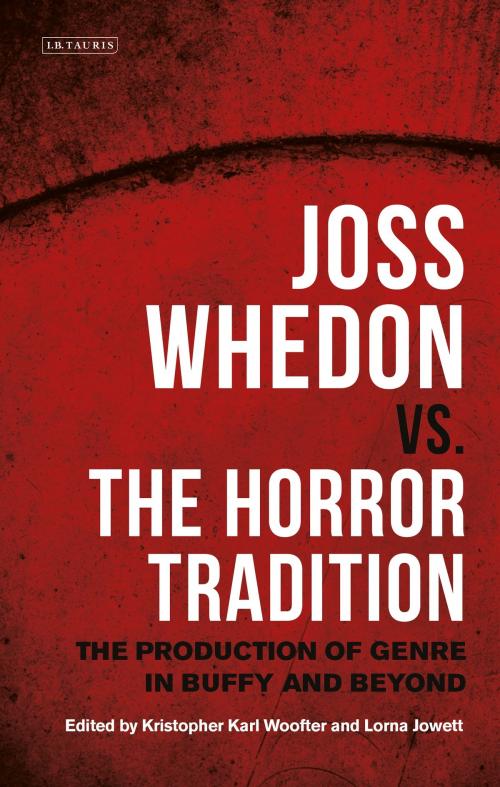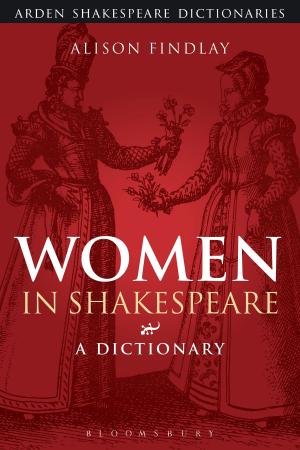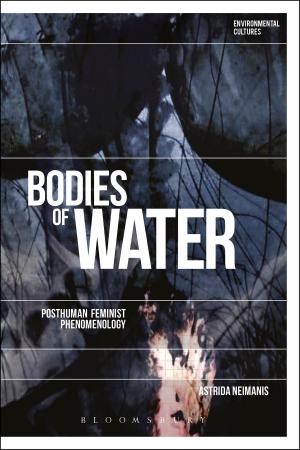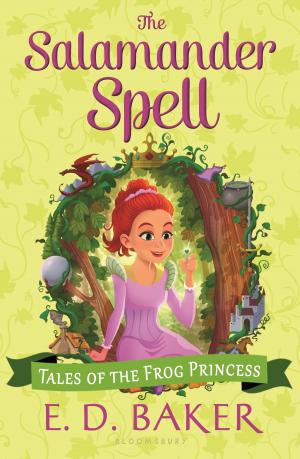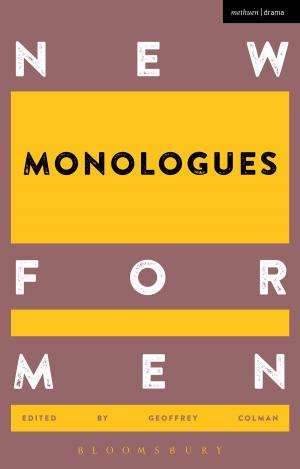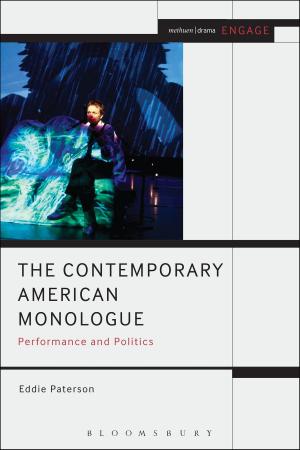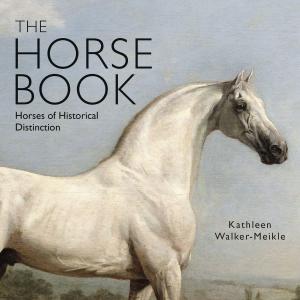Joss Whedon vs. the Horror Tradition
The Production of Genre in Buffy and Beyond
Nonfiction, Entertainment, Performing Arts, Television, History & Criticism, Social & Cultural Studies, Social Science| Author: | ISBN: | 9781786725417 | |
| Publisher: | Bloomsbury Publishing | Publication: | November 29, 2018 |
| Imprint: | I.B. Tauris | Language: | English |
| Author: | |
| ISBN: | 9781786725417 |
| Publisher: | Bloomsbury Publishing |
| Publication: | November 29, 2018 |
| Imprint: | I.B. Tauris |
| Language: | English |
Although ostensibly presented as “light entertainment,” the work of writer-director-producer Joss Whedon takes much dark inspiration from the horror genre to create a unique aesthetic and perform a cultural critique. Featuring monsters, the undead, as well as drawing upon folklore and fairy tales, his many productions both celebrate and masterfully repurpose the traditions of horror for their own means. Woofter and Jowett's collection looks at how Whedon revisits existing feminist tropes in the '70s and '80s “slasher” craze via Buffy the Vampire Slayer to create a feminist saga; the innovative use of silent cinema tropes to produce a new fear-laden, film-television intertext; postmodernist reflexivity in Cabin in the Woods; as well as exploring new concepts on “cosmic dread” and the sublime for a richer understanding of programmes Dollhouse and Firefly. Chapters provide the historical context of horror as well as the particular production backgrounds that by turns support, constrain or transform this mode of filmmaking. Informed by a wide range of theory from within philosophy, film studies, queer studies, psychoanalysis, feminism and other fields, the expert contributions to this volume prove the enduring relevance of Whedon's genre-based universe to the study of film, television, popular culture and beyond.
Although ostensibly presented as “light entertainment,” the work of writer-director-producer Joss Whedon takes much dark inspiration from the horror genre to create a unique aesthetic and perform a cultural critique. Featuring monsters, the undead, as well as drawing upon folklore and fairy tales, his many productions both celebrate and masterfully repurpose the traditions of horror for their own means. Woofter and Jowett's collection looks at how Whedon revisits existing feminist tropes in the '70s and '80s “slasher” craze via Buffy the Vampire Slayer to create a feminist saga; the innovative use of silent cinema tropes to produce a new fear-laden, film-television intertext; postmodernist reflexivity in Cabin in the Woods; as well as exploring new concepts on “cosmic dread” and the sublime for a richer understanding of programmes Dollhouse and Firefly. Chapters provide the historical context of horror as well as the particular production backgrounds that by turns support, constrain or transform this mode of filmmaking. Informed by a wide range of theory from within philosophy, film studies, queer studies, psychoanalysis, feminism and other fields, the expert contributions to this volume prove the enduring relevance of Whedon's genre-based universe to the study of film, television, popular culture and beyond.
